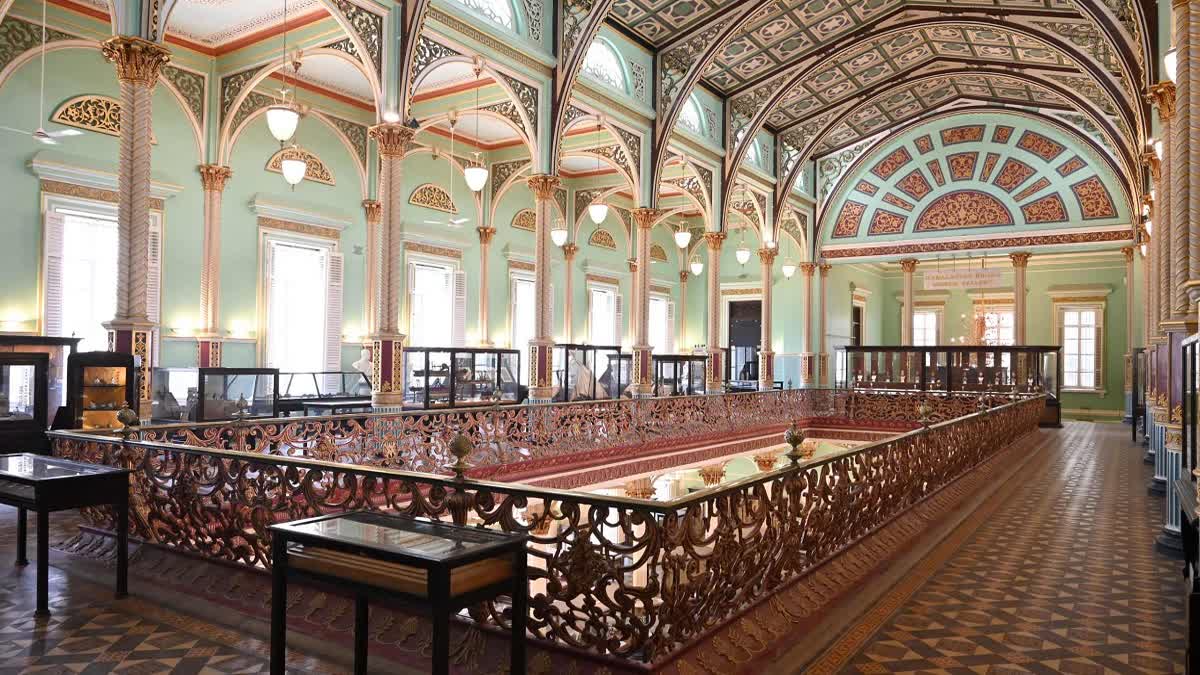Mumbai: Dr Bhau Daji Lad Museum, a 170-year-old museum in Maharashtra, has reopened for the public and tourists after more than four years. The newly renovated heritage site at Bycula here was inaugurated by Chief Minister Devendra Fadnavis on Wednesday after remaining closed, first due to the COVID-19 pandemic and later for renovation work.
“True wealth of a city is not reflected in its wealthy inhabitants or towering buildings, but in its museums,” Fadnavis said, addressing the inaugural event. “Museums provide a glimpse into a city’s civilisation, culture, people’s lives, and history. Our country has a rich history, older than 10,000 years, and wherever you dig up, you will find remnants of our rich civilisation,” he said.
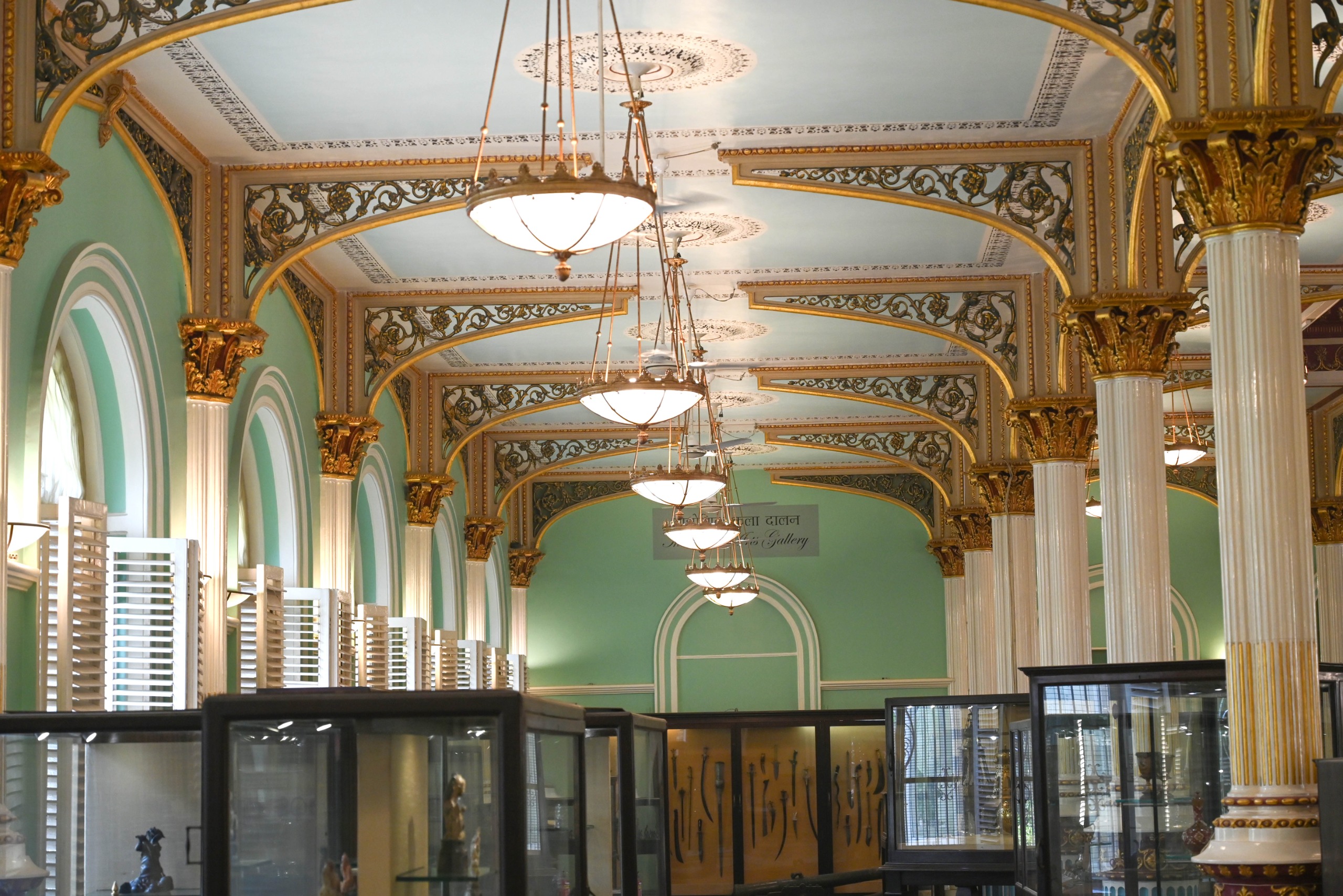
Mumbai Municipal Commissioner Bhushan Gagrani said the Bhau Daji Lad Museum building is a small-scale replica of the State Hermitage Museum in Saint Petersburg, Russia, and the Brihanmumbai Municipal Corporation (BMC) spent Rs 3 crore on its restoration.
Oldest Museum In Mumbai
Built by the British government in 1872, Dr Bhau Daji Lad Museum is one of the oldest museums in the country.
According to the BMC officials, the idea of building this museum came up in 1851 during the World Exhibition held in England, when the British government thought that there should be a museum in India too, like in England. They soon started the work and established a museum in 1855 under the name ‘Queen Victoria and the Albert Museum.’ Later, the museum was started at Town Barracks in 1857 and was opened to the public.
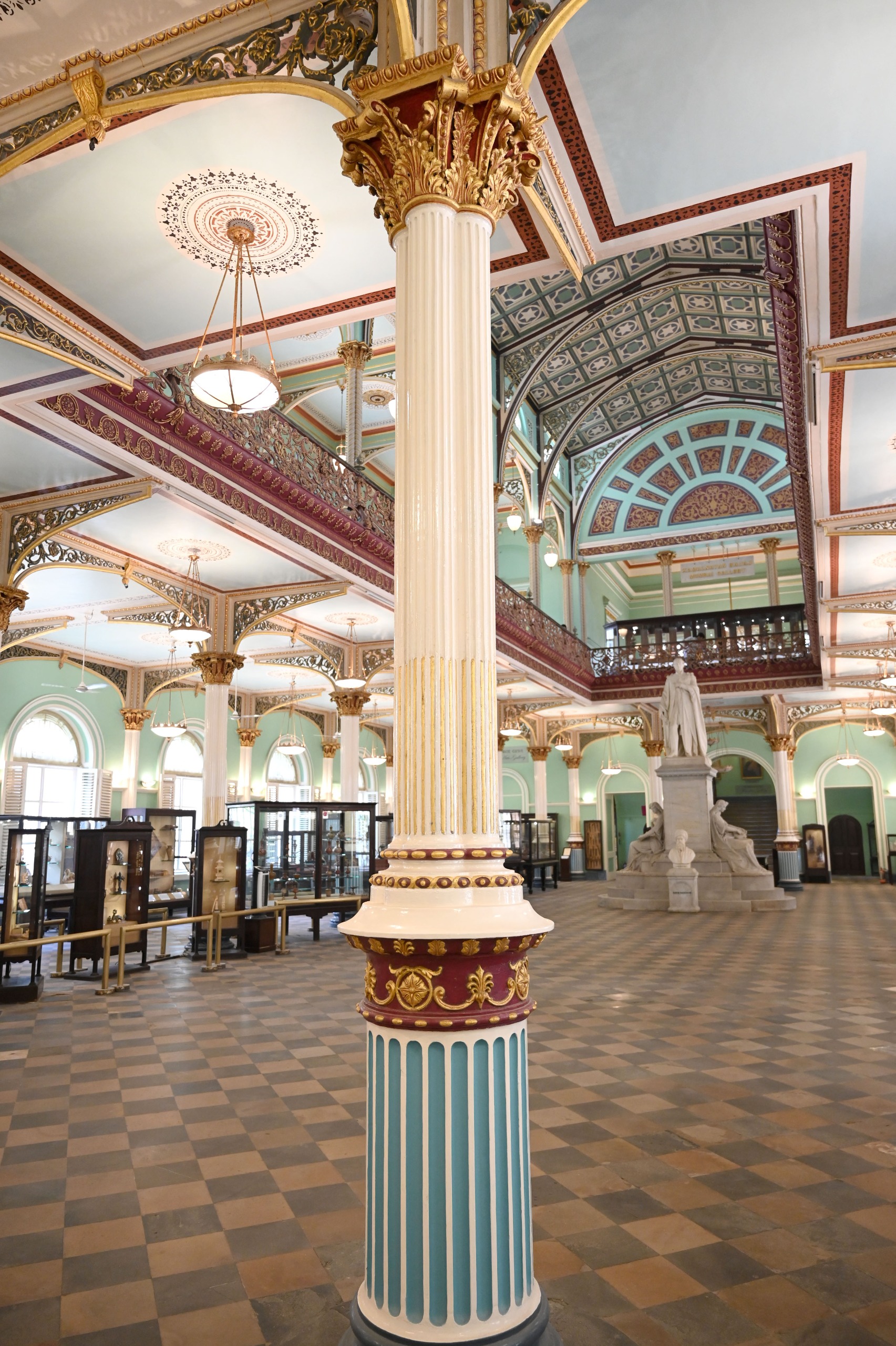
Groundbreaking Ceremony By Governor Sir Henry Bartley Frere
The foundation stone of the current building of the museum in Byculla was laid on November 18, 1962, by the then Governor, Sir Henry Bartley Frere. The construction of the building was completed in 1872, and the museum was opened for the public.
For about 100 years, the museum was known as the Queen Victoria and Albert Museum. However, after India gained independence in 1947, there was a demand to change the name of the museum. At that time, it was decided to name this museum after Dr Ramakrishna Vitthal Lad, i.e., Dr Bhau Daji Lad, who played a vital role in the establishment of this museum. Finally, the museum got its new name after Dr Lad on November 1, 1975.
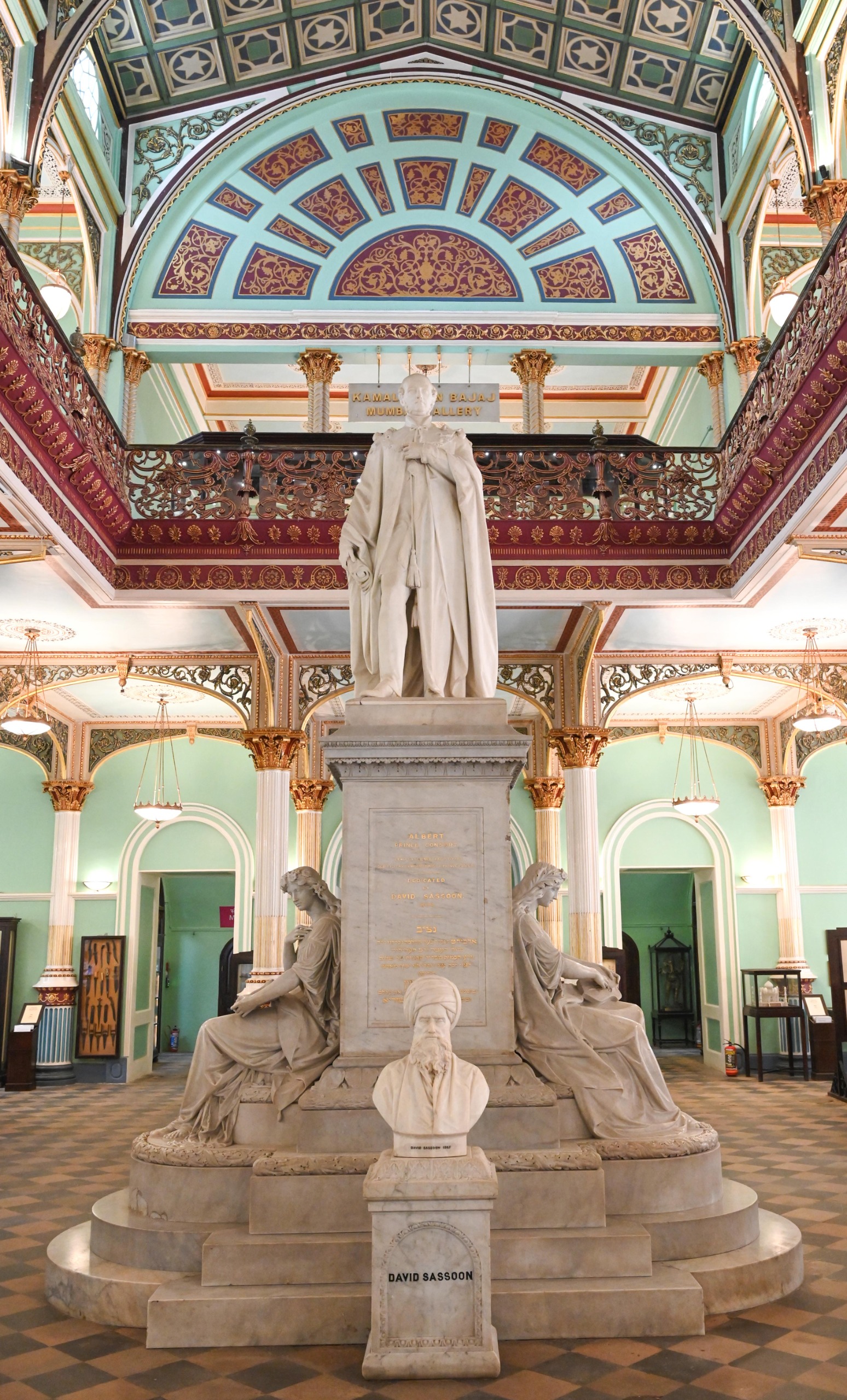
Treasure Trove Of The Museum
The museum houses many old handicrafts of the country and old maps of Mumbai, even from the Peshwa era. Old objects and utensils are also on display inside the premises.
The objects in the museum's collection are based on the history of the city, the development of the museum, and the interrelationship through the selection of 101 objects.
The museum also showcases the old glory of Mumbai and its history. It remains open all days except Wednesday.
In 2005, the museum received the prestigious UNESCO Asia Pacific Heritage Conservation Award of Excellence.
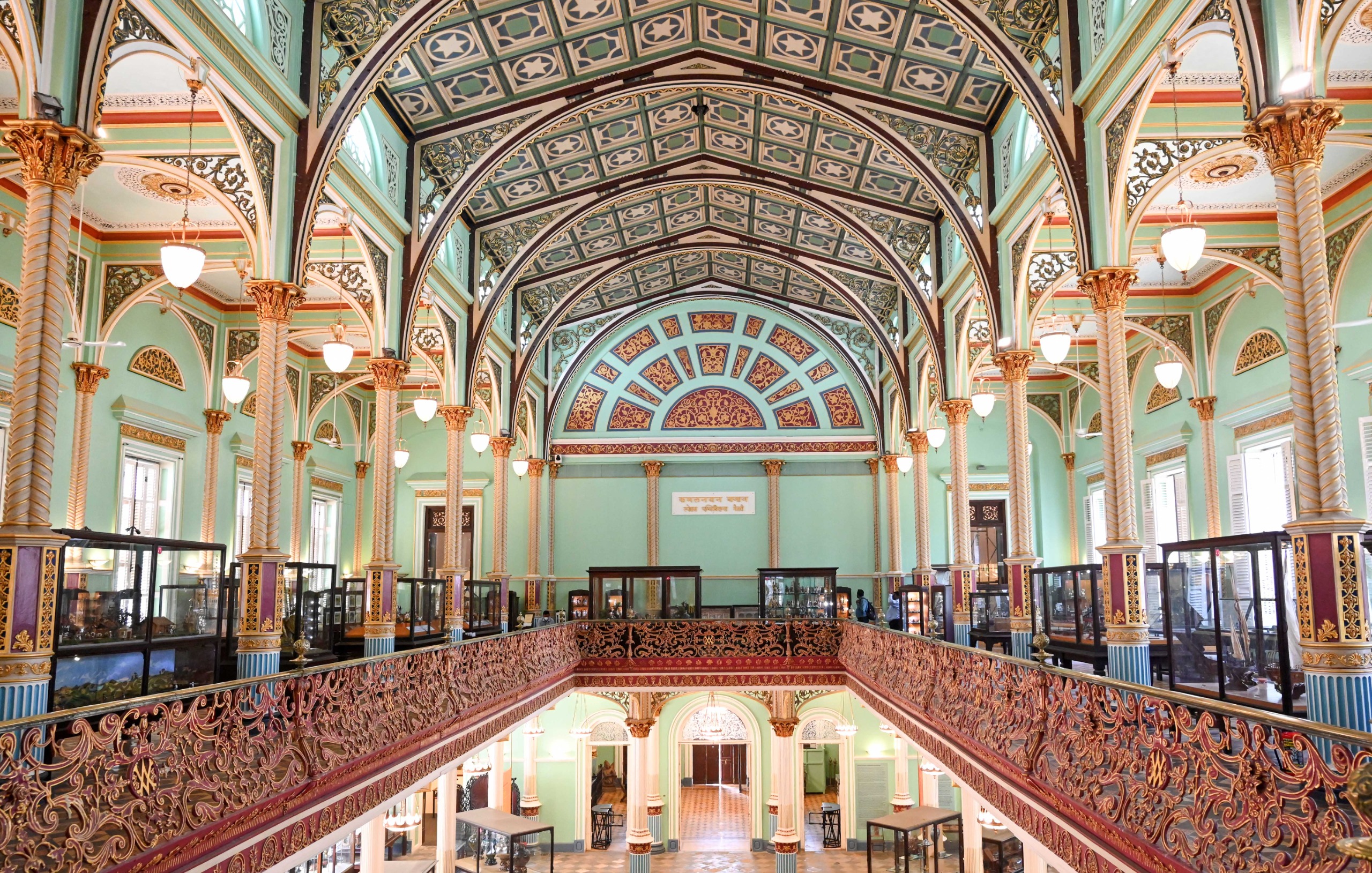
Dr Bhau Daji Lad’s Contribution
During the British era, the plague hit across the country, and the doctor who played a critical role in treating it was Dr Lad, whose real name is Ramakrishna Vitthal Lad, and he was a resident of Goa.
Born into a very poor family in 1822, Lad came to Mumbai in 1832. During a chess tournament, the then-governor recognised his talent, after which he was admitted to a famous medical college in Mumbai. From there, he studied medicine and became a famous doctor and surgeon. Dr Lad gave the world a cure for leprosy.
Read More
